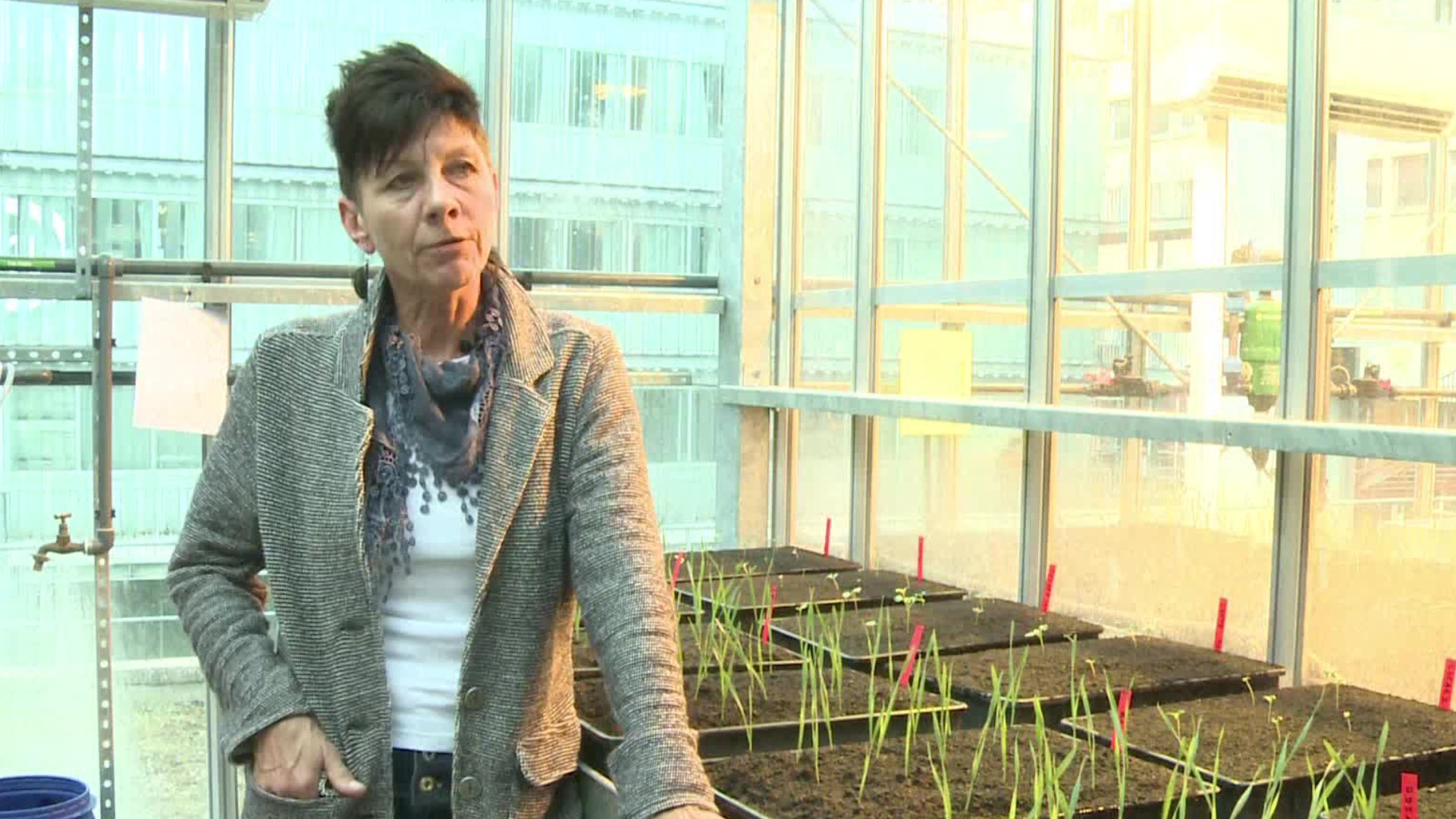Environmental Scientists & Specialists, Including Health
Environmental Programs Specialist, Environmental Protection Specialist, Environmental Scientist, Environmental Specialist
What they do:
Conduct research or perform investigation for the purpose of identifying, abating, or eliminating sources of pollutants or hazards that affect either the environment or public health. Using knowledge of various scientific disciplines, may collect, synthesize, study, report, and recommend action based on data derived from measurements or observations of air, food, soil, water, and other sources.
On the job, you would:
- Communicate scientific or technical information to the public, organizations, or internal audiences through oral briefings, written documents, workshops, conferences, training sessions, or public hearings.
- Monitor effects of pollution or land degradation and recommend means of prevention or control.
- Collect, synthesize, analyze, manage, and report environmental data, such as pollution emission measurements, atmospheric monitoring measurements, meteorological or mineralogical information, or soil or water samples.
Knowledge
Arts and Humanities
- English language
Math and Science
- biology
- chemistry
Business
- customer service
- administrative services
Safety and Government
- law and government
Skills
Basic Skills
- listening to others, not interrupting, and asking good questions
- reading work related information
Problem Solving
- noticing a problem and figuring out the best way to solve it
Social
- changing what is done based on other people's actions
- teaching people how to do something
Abilities
Verbal
- listen and understand what people say
- read and understand what is written
Ideas and Logic
- notice when problems happen
- use rules to solve problems
Math
- choose the right type of math to solve a problem
- add, subtract, multiply, or divide
Personality
People interested in this work like activities that include ideas, thinking, and figuring things out.
They do well at jobs that need:
- Innovation
- Achievement Orientation
- Intellectual Curiosity
- Cautiousness
- Integrity
- Attention to Detail
Technology
You might use software like this on the job:
Analytical or scientific software
- Laboratory information management system LIMS
- Wolfel IMMI
Presentation software
- Microsoft PowerPoint
Data base user interface and query software
- Microsoft Access
- Structured query language SQL
Education
Education: (rated 4 of 5)
bachelor's degree or
high school diploma/GED
usually needed
high school diploma/GED
usually needed
Job Outlook
Average
New job opportunities are likely in the future.
Explore More
- Conservation Scientists
- Environmental Compliance Inspectors
- Environmental Engineers
- Environmental Science & Protection Technicians, Including Health
- Industrial Ecologists
You might like a career in one of these industries:
See more details at O*NET OnLine about Environmental Scientists & Specialists, Including Health.






